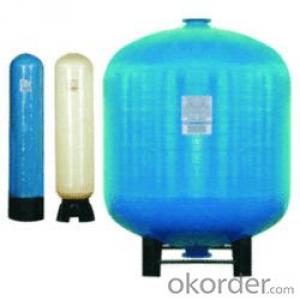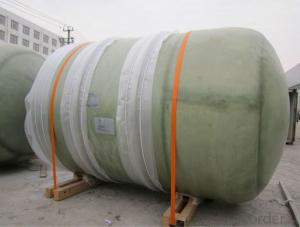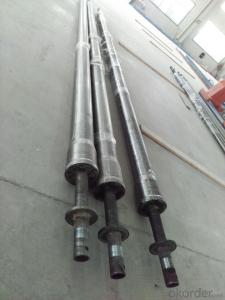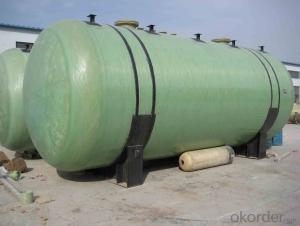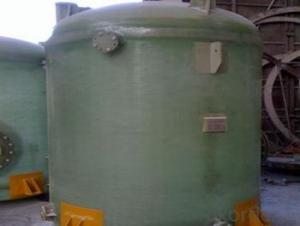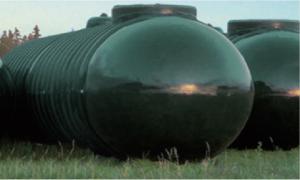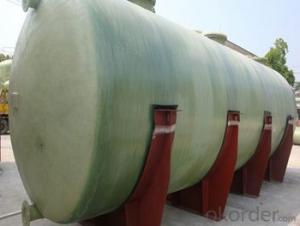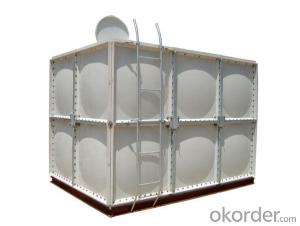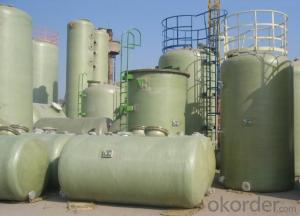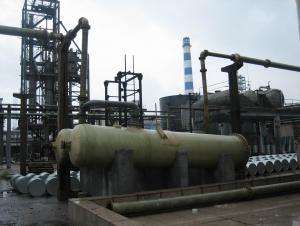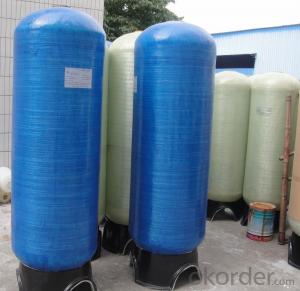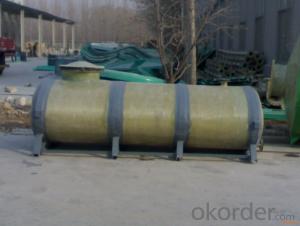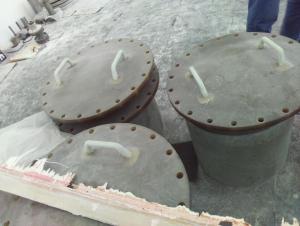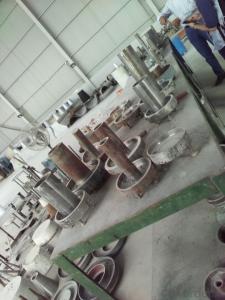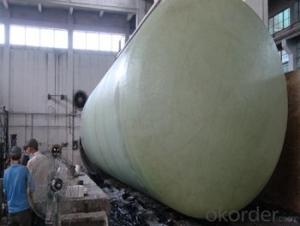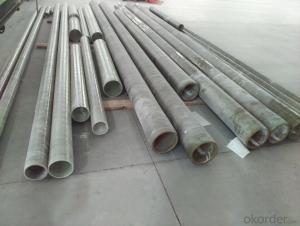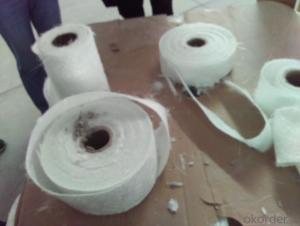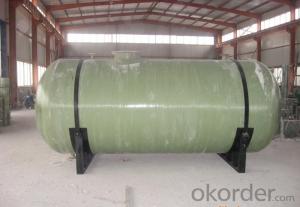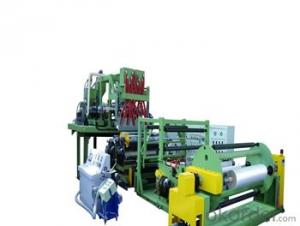All Categories
- - Steel Wire Rod
- - Steel Coils
- - Steel Profiles
- - Steel Pipes
- - Stainless Steel
- - Tinplate
- - Special Steel
- - Steel Sheets
- - Steel Rebars
- - Steel Strips
- - Hot Rolled Steel
- - Cold Rolled Steel
- - Pre-painted Steel
- - Seamless Steel Pipe
- - Welded Steel Pipe
- - Hollow Steel Tubes
- - Galvanized Pipe
- - Stainless Steel Coil
- - Stainless Steel Sheet
- - Stainless Steel Plate
- - Stainless Steel Strips
- - Electrolytic Tinplate Coil
- - Electrolytic Tinplate Sheet
- - Stainless Steel Rebars
- - Solar Panels
- - Solar Water Heater
- - Solar Related Products
- - Solar Inverter
- - Solar Cells
- - Solar Light
- - Solar Energy Systems
- - Solar Controllers
- - Solar Mounting System
- - Solar Pump
- - Solar Chargers
- - Fiberglass Chopped Strand
- - Fiberglass Mesh Cloth
- - Composite Pipes
- - FRP Pultrusion Profiles
- - Fiberglass Mat Tissue
- - Fiberglass Fabrics
- - Fiberglass Mesh
- - Composite Tank
- - Fiberglass Mesh tape
- - Polymer
- - FRP Roofing Panel
- - Fiberglass Roving
- - Monolithic Refractories
- - Ceramic Fiber Products
- - Refractory Bricks
- - Raw Materials For Refractory
- - Suspended Platform
- - Cranes
- - Concrete Machinery
- - Earthmoving Machinery
- - Building Hoist
- - Road Building Machinery
- - Plastic Pipe Fittings
- - Plastic Tubes
- - Plastic Sheets
- - Agricultural Plastic Products
- - Plastic Nets
 All Categories
All Categories
Q & A
How do composite tanks maintain structural integrity under constant pressure?
Composite tanks maintain structural integrity under constant pressure through the use of high-strength fibers, such as carbon or glass, embedded in a matrix material. This combination creates a strong and durable composite structure that can withstand the applied pressure. Additionally, the use of resin systems with excellent mechanical properties and advanced manufacturing techniques, like filament winding or autoclave curing, ensures that the tanks maintain their shape and structural integrity over time.
How are composite tanks repaired if they are damaged?
Composite tanks are repaired by first assessing the extent of the damage. Small cracks or holes can be repaired using composite repair kits, which involve applying adhesive, fillers, and reinforcing materials to the damaged area. For larger damages, the damaged section may need to be cut out and replaced with a new composite patch. Skilled technicians with experience in composite repair techniques perform these repairs to ensure the structural integrity of the tank is restored.
How do composite tanks perform in applications with high sulfur content?
Composite tanks generally perform well in applications with high sulfur content. Composite materials, such as fiberglass or carbon fiber reinforced polymers, are highly resistant to corrosion from sulfur-based chemicals. These tanks offer excellent chemical resistance and are capable of handling sulfur-containing substances without degradation or leakage. Additionally, composite tanks are lightweight, which makes them easier to transport and install compared to traditional metal tanks.
Can composite tanks be utilized for the safe storage of hazardous materials during chemical blending processes?
Yes, composite tanks can be utilized for the safe storage of hazardous materials during chemical blending processes. Composite tanks are made from strong and durable materials such as fiberglass or carbon fiber, which provide excellent resistance to corrosion and chemical reactions. They are designed to withstand high pressure and temperature, making them suitable for storing and handling hazardous materials safely. Additionally, composite tanks offer advantages such as lightweight construction, easy installation, and low maintenance requirements, making them a reliable choice for the storage of hazardous materials during chemical blending processes.
Wholesale Composite Tank from supplier in Tuvalu
Our team of experts understands the unique requirements and challenges of the Tuvalu market and can help you find the most suitable Composite Tank products for your specific needs. We offer a wide range of composite tanks, including water tanks, chemical tanks, oil tanks, and more.
In addition to supplying high-quality products, we also provide comprehensive technical support and after-sales services. Our knowledgeable team can assist you with product selection, installation guidance, and troubleshooting, ensuring that your project is successful.
As a subsidiary of CNBM, a Fortune Global 500 company, we have access to a vast network of resources and partnerships. This allows us to offer competitive pricing and efficient procurement solutions for your Composite Tank needs in Tuvalu. We are committed to delivering cost-effective, reliable, and sustainable solutions to our customers.
Contact us today to discuss your Composite Tank requirements in Tuvalu and let our team assist you in finding the best products and solutions for your project.
In addition to supplying high-quality products, we also provide comprehensive technical support and after-sales services. Our knowledgeable team can assist you with product selection, installation guidance, and troubleshooting, ensuring that your project is successful.
As a subsidiary of CNBM, a Fortune Global 500 company, we have access to a vast network of resources and partnerships. This allows us to offer competitive pricing and efficient procurement solutions for your Composite Tank needs in Tuvalu. We are committed to delivering cost-effective, reliable, and sustainable solutions to our customers.
Contact us today to discuss your Composite Tank requirements in Tuvalu and let our team assist you in finding the best products and solutions for your project.
